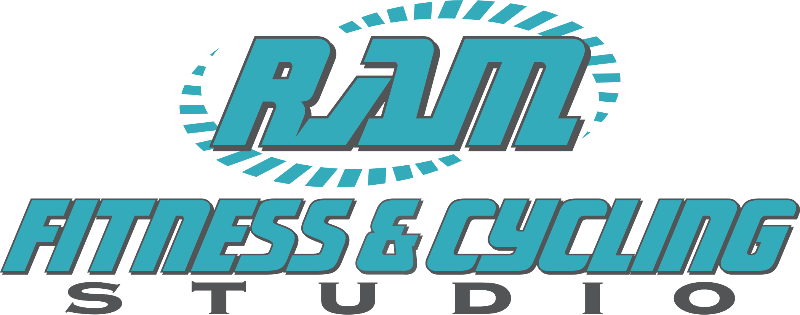We know that exercise and movement is critical to our health and wellness. When we want to lose weight or change our body composition we always seem to go to exercise first. This is a great first step as exercise is an important part of living a healthy lifestyle. But, where we should really be spending most of our time when starting our health and fitness journey is on fine tuning our nutrition habits. Eating well 80% of the time will get you 80% of the results you are looking for. Then, the remaining 20% of the time can be focused on exercise.
What is the best nutrition plan or the best way to dial in your nutrition? What works long term and what doesn’t? There is no one size fits all approach. When it comes to nutrition it is personalized just as workouts should be. Body shape, size, metabolism, goals and lifestyles differ. This means our nutrition plans will be different as well.
Today I want to show you the best way to get results and maintain them long term. There are many methods out there when it comes to nutrition and it can be very confusing on which method to use when trying to better your nutrition.
One common method is calorie counting. If you consume less calories than your body uses per day, then you should lose weight correct? False. It’s not that simple. If you are eating quality foods and fuelling enough to meet your nutritional requirements, then yes you will lose weight if you consume less calories than your body uses. But, if you restrict your calories too much and you are only eating once or twice a day and food quality is poor you will not lose weight even if your calorie count is much lower than what you are utilizing daily. This is because your body does not have adequate nutrition to function properly. This can affect many things including hormones. Since your body does not have the adequate nutrition needed hormones can be released that will cause your body to hold onto fat.
Another method is counting macros. This means knowing how much carbohydrate, fat and protein you should be having each day and each meal. This method can help you, but is it maintainable long term? No, I personally do not know anyone who measures out their food every day. This is usually a short term strategy to get results needed to hit a goal for a bodybuilding show or a boxing match weigh in. Counting your macros is not something maintainable long term.
Both of the above methods may help you short term or as long as you are counting calories and measuring your food, but once you stop then what have you gained? Knowing how to count calories won’t help you going forward and counting your macros may leave you with an idea of how to eat but what happens when your goals change or your body goes through physical or mental changes then how do you adapt? The same thing that worked in the past will no longer work.
What is the best method to get lasting results? Building habits and behaviours that will stick with you. When you want to build lasting habits there is a tiered approach. Develop the proper mindset needed to have a healthy relationship with food, set up your environment for success then build healthy habits. When you build healthy habits this helps you be prepared, it helps you have an environment that’s set up to help you reach your goals and it gives you strategies that will stick with you no matter your goals or health conditions.
This week we will give you some of our best strategies that have worked with our clients to help them build habits and a healthy relationship with food without having to worry about restricting themselves or doing a pile of math every time they eat.


Recent Comments